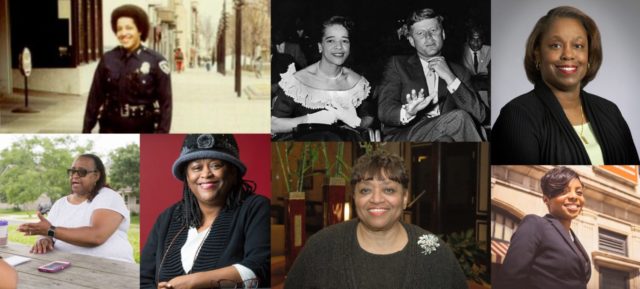 Through Black History Month, Madison365 will publish stories from the History of Black Madison, provided by National Guardian Life Insurance Company. Today: Madison’s First Black Women
Through Black History Month, Madison365 will publish stories from the History of Black Madison, provided by National Guardian Life Insurance Company. Today: Madison’s First Black Women
As we noted in Part One of this series last week, the first Black resident of Madison, Wisconsin, was a woman — a servant at the American House Hotel, who lived here from 1839 until 1845, whose name is lost to history.
Since then, Madison has been home to trailblazing Black women whose names will never be forgotten.
Freddie Mae Hill was the first woman to graduate from the University of Wisconsin. Hill received her Bachelors of Science degree in home economics in 1928.
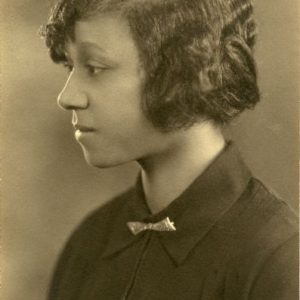
Today, Hill’s parents’ store, Hill’s Grocery and its attached housing are now designated as a Madison landmark.
Most of Madison’s other first Black women are much more recent.
“Don’t Stop Thinking”
Vel Phillips’ very existence was one of resistance.
In 1951, Phillips became the first black woman to graduate from the University of Wisconsin-Madison Law School, following which she became the first woman to sit on the Milwaukee Common Council. In 1979, she became the first Black person and woman to be elected to a Wisconsin constitutional office as the Secretary of State. During her time on the Common Council, Phillips introduced the first open housing ordinance in Milwaukee, and fought for it for six years until her death in April of 2018.
She could often be seen attending protests in solidarity against systemic discrimination.
Millie Coby, a long-time Phillips’ family friend noted that beyond her activism, Phillips was an inspiration to those around her.
“We know how she fought for equality, but she did that on a personal note too,” Coby said. “She had a mother’s heart, she never stopped being human. I think that was key to everything. She told me no matter how old you get, you don’t stop dreaming, don’t stop thinking.”
Phillips had such a profound impact on Wisconsin that a movement is underway to have a statue of her placed on the State Capitol grounds.
Changing the police force from within
 Pia M. Kinney James, the first Black woman to join the Madison Police Department, knew from an early age that she wanted to change the way policing looked in her city.
Pia M. Kinney James, the first Black woman to join the Madison Police Department, knew from an early age that she wanted to change the way policing looked in her city.
“I remember telling my parents I wish I could go to the police department and teach them how to be fair to people,” James said.
And in 1975, that wish came true with her initiation into the force.
In a 2018 interview with Madison365, James noted that she faced discrimination while serving, citing a moment in which a Field Training Officer (FTO) refused to speak to her but said, as she recalls, “I don’t like women in the police department, I don’t like Blacks, and I don’t like people on welfare.”
However, despite the discrmination she faced on the force and the initial aversion from the community, James never faltered on the commitment that she made in her youth to act with integrity and fairness.
“My community slowly learned to accept me and accept the fact that I was gonna be fair to them, and I would say that. I would be upfront: ‘This is what I have to do,’ if I had to make an arrest; ‘This is what I can do,’ if I’m gonna be giving you a break,’” she said.
“My career as a police officer was rough. It was sad and heartbreaking at times, so the joy that I found was helping someone out,” she said. “So, if I helped a family, whether it was a referral or I took an abusive person out the house to make them more safe. For me it was empowerment for that family or that community person that kept me going.”
First Black president not once, but twice
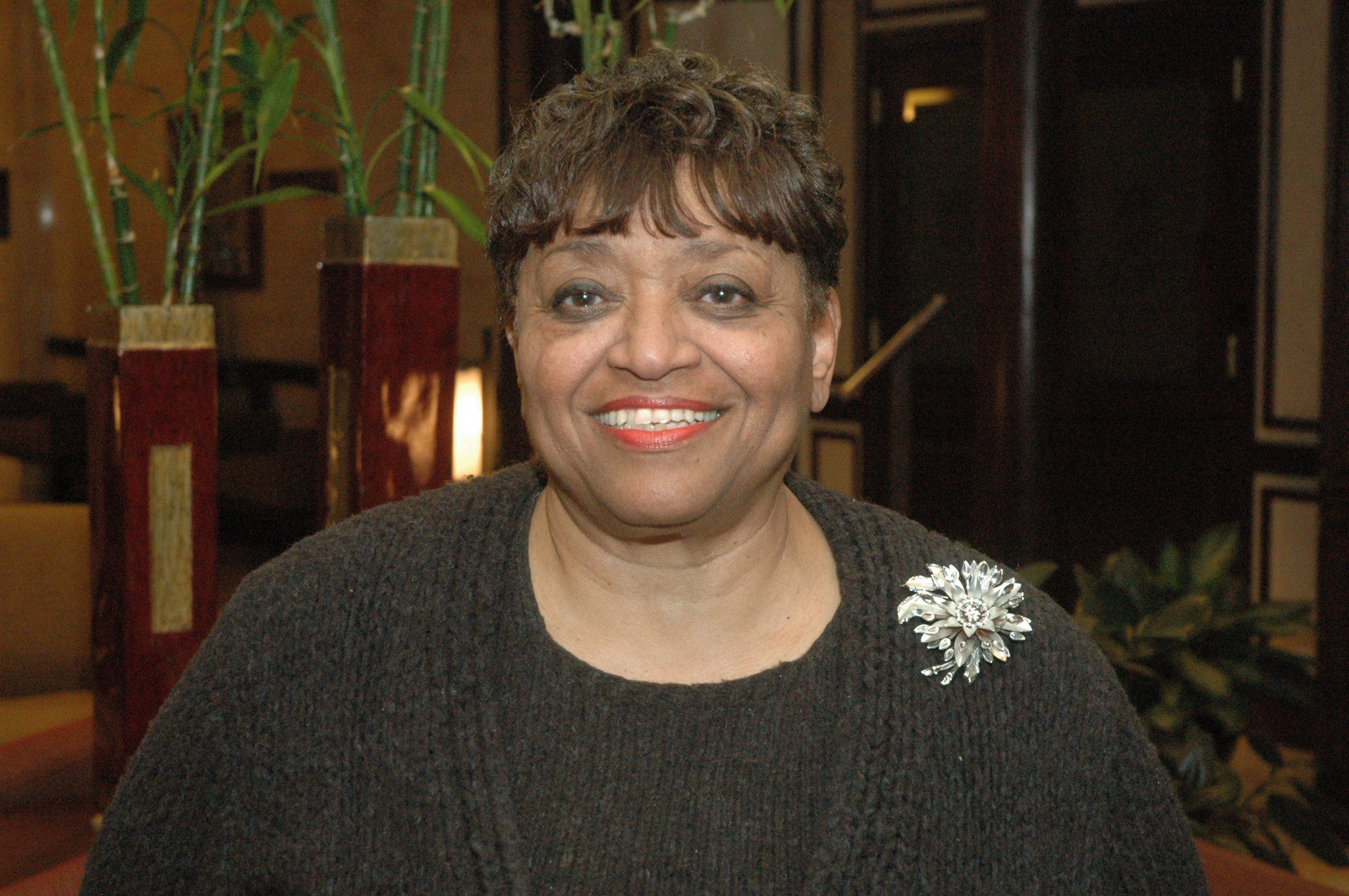
Barbara Nichols was a pioneer not only in health care, but in national healthcare leadership.
As she was coming of age in the late 1950s, “you could have a bachelor’s in physics or a bachelor’s in English, and you would be hired as a maid or a cook,” Nichols said. “The assumption was Blacks did not have the life experience or the intellectual capacity to graduate from nursing school.”
After a stint in the Navy Nurse Corps, she graduated from the Massachusetts Memorial Hospital School of Nursing in Boston and later earned a master’s degree from the University of Wisconsin.
“What I learned early on, prejudice exists when you’re just a staff nurse and you have ideas,” Nichols said in a 2018 interview. “But if you’re a head nurse or a supervisor, or a director, by position, they have to listen to you. So, what I observed out of my experience with prejudice, if I wanted my ideas to be considered, I had to be in a leadership role. Nobody asks you to apply for the leadership roles because they don’t think you’re smart enough. I just did it, and usually was successful. So, what I learned early on, to be accepted for my knowledge, to be accepted for my skill, to be accepted for my abilities, I had to be in a leadership role.”
Soon after that epiphany, Nichols began to get more involved with the Wisconsin Nursing Association and American Nursing Association, moving up the ranks of both organizations. In 1970, she became the first Black president of the Wisconsin Nursing Association and in 1979, the first Black president of the American Nursing Association. She is still active as a community leader in Madison.
It’s about trust

Another first for Madison’s civil servants was Katherine Jackson, who in November of 1990, became the first Black woman in the City of Madison Fire Department.
Jackson had no intention of becoming a firefighter. Only after years of several of her church friends suggesting she enlist did Jackon decide to try out.
In a 2017 interview, James said she joined the force “on a whim.”
Although she faced little discrimination during her time serving as a firefighter, Jackson noted that she was not immune.
“There were a few of the, you know, they call them ‘old timers.’ They weren’t too trusting at first, but eventually I won their trust,” she said.
“[Firefighting] is a job where we depend on each other with our lives when we are going into a burning building,” she said. “They needed to be confident that if we went into a burning building that I could get them out, so I understood their skepticism.”
After 18 years of service, Jackson retired due to knee injuries.
Madame Mayor
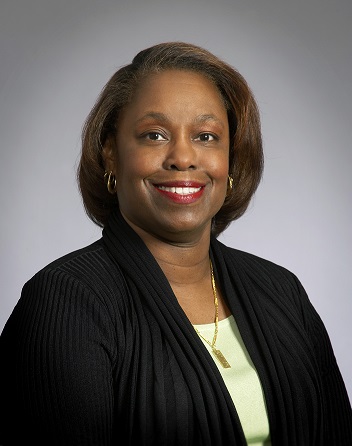
Frances Huntley-Cooper made history when she was elected mayor of Fitchburg in April, 1991, becoming the first Black person in Wisconsin to hold that position in any city. She served as mayor until 1993, and remains the only Black mayor in Wisconsin history.
Although she had no previous background in politics, Huntley-Cooper was able to pull from her experience as a social worker.
“I always look at it this way — if you can go deal with children and families, if you can work with a mother and take her child away from them and keep them away while the mother is getting treatment and help, that skill was transferable for when I decided to run for office,” Huntley-Cooper said in an interview.
“You have to go out and knock on doors, talk to people and try to sell them on different issues,” she added.
Today, Frances Huntley-Cooper is a charter member of the Alpha Kappa Alpha sorority – Kappa Psi Omega Chapter, the former president of the MadisonNAACP and serving her fifth appointment as a member of the board of trustees of Madison College (MATC).
Madison’s poet
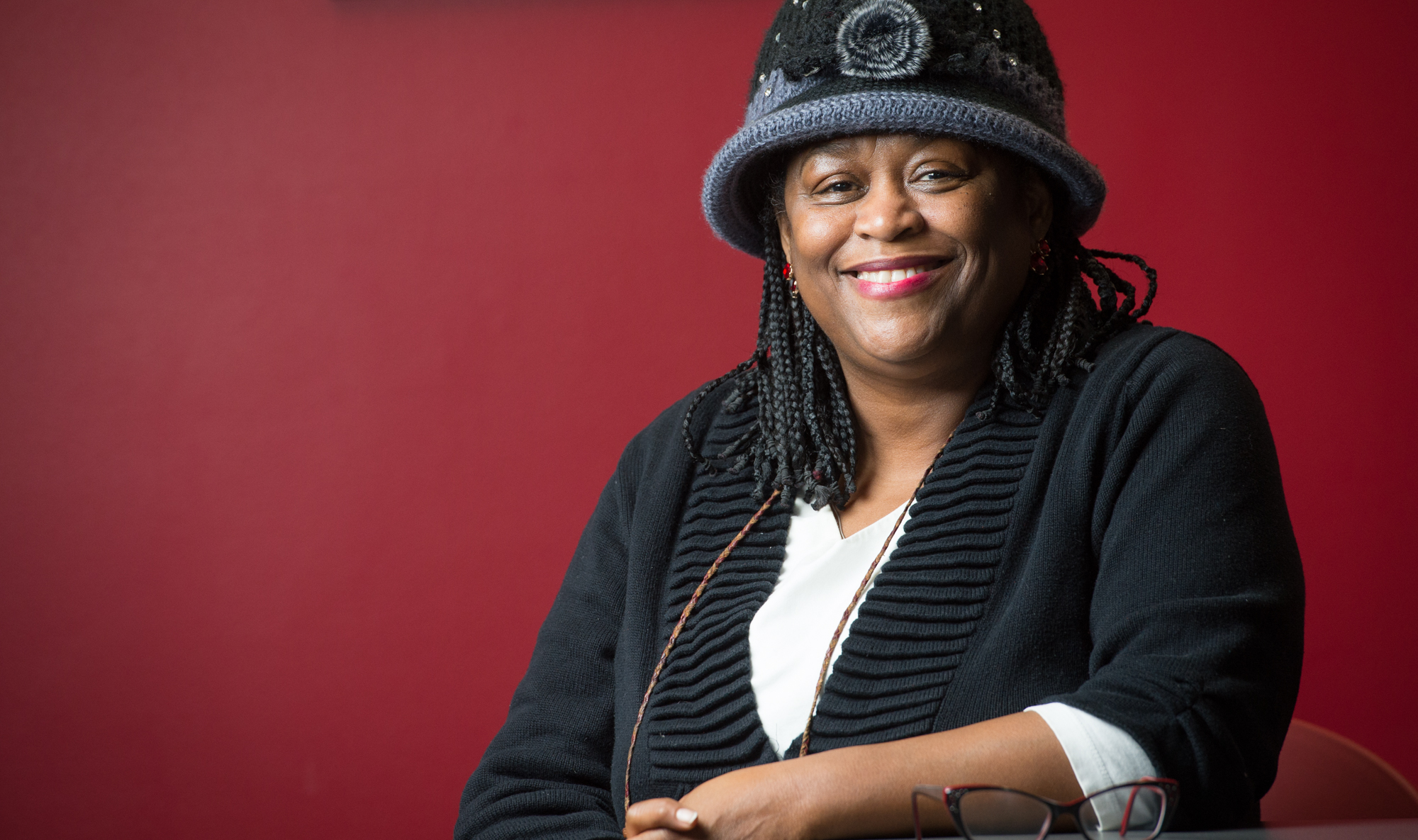
Fabu Carter, artistically known as Poet Fabu, was the first Black person chosen as Madison’s poet laureate in 2008.
Originally from Memphis, Tennessee, Carter has been writing poetry since she was 11 years old.
In an interview with Madison365, Carter said that upon being chosen as Madison’s poet laureate, she gained an invigorated sense of responsibility to both her own Black community and the larger Madison community.
“I not only represented African American people, which was very critical to me, but I was also representing Madison, and in another way I was representing Wisconsin. It just really was a very wonderful experience,” Carter said.
DJ, CEO

In 2017, Vanessa McDowell became the first Black woman to lead the Madison YWCA, a 109-year-old organization dedicated to working against racism, when she was elevated from her previous position as director of support services.
“First of all, it’s humbling to be in this position at this time,” she said at the time. “But to be the first African American CEO in 2017, is also a little disheartening, to be honest. So it’s mixed bag, in terms of my feelings. But I definitely don’t take it lightly and I stand on the shoulders of people in our community who have come before me and am excited to get to work.”
A native of Madison’s West Side, Vanessa’s earned a national reputation, and recently YWCA was given a piece of philanthropist Mackenzie Scott’s $4 billion giving spree.
And to top all that off, she still performs regularly, spinning tracks as DJ Ace.
Throughout this month, thanks to the support of National Guardian Life Insurance Company, we will bring more stories from the lasting legacy of Madison’s Black community over the decades.
Coming next week: The Educators.

























